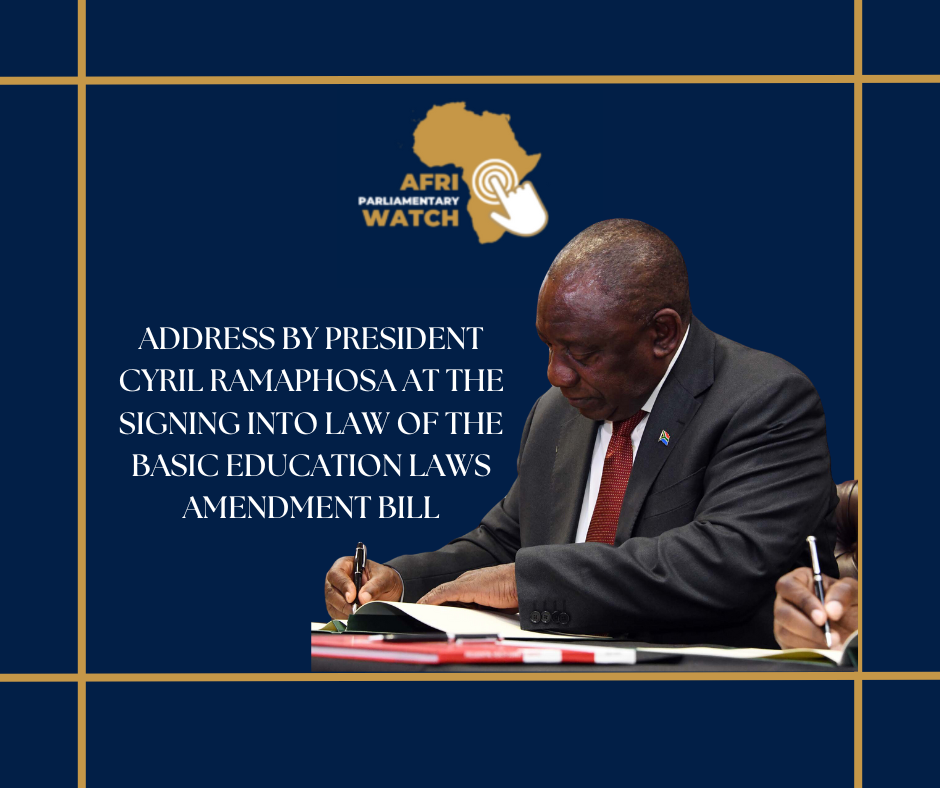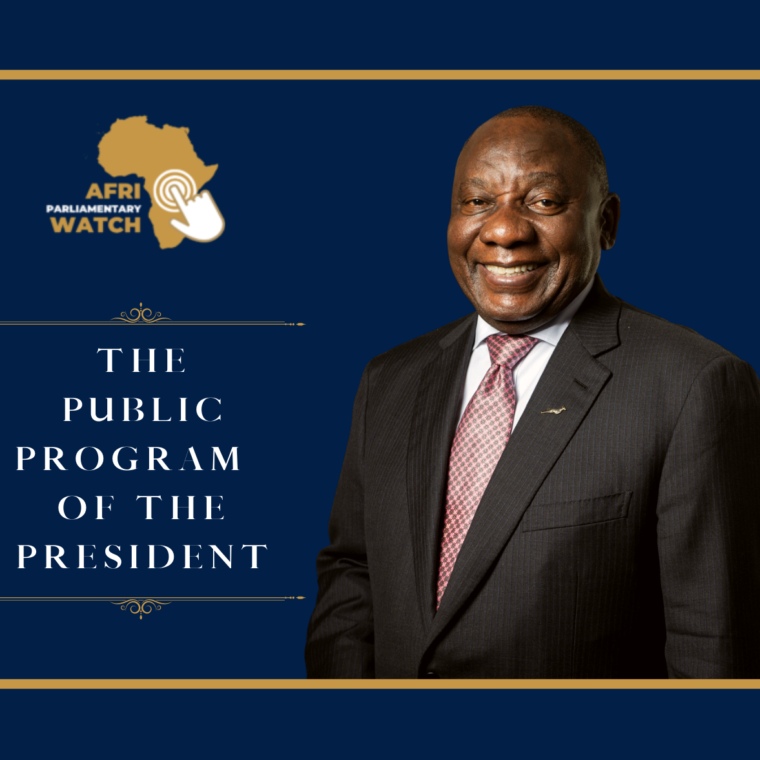UNION BUILDINGS, TSHWANE
13 SEPTEMBER 2024
In a pivotal moment for South Africa’s educational system, President Cyril Ramaphosa has signed the Basic Education Laws Amendment Bill into law.
The signing of this Bill represents a crucial step in addressing persistent issues within the education sector. As Nelson Mandela once stated, creating a world where every child has access to quality education is within our grasp. This new law is a significant stride toward achieving that vision.
Since the end of apartheid, South Africa has made considerable progress in increasing educational access. Nevertheless, challenges remain. Despite improvements, education outcomes often fall short of the needs and expectations of our youth. Our Constitution guarantees the right to basic education, emphasizing equity, practicality, and historical redress.
As a signatory to international agreements, South Africa is obligated to ensure that education is accessible to all individuals without discrimination based on race, ethnicity, gender, sexual orientation, religion, or disability. This includes making primary education both free and compulsory, as a means to uplift the nation and tackle poverty, inequality, and underdevelopment.
However, significant challenges persist, such as discriminatory language policies, school fee barriers, and inconsistencies in educational resources and standards. The Basic Education Laws Amendment Bill aims to address these issues by:
- Making Grade R, the reception year before Grade 1, compulsory to improve Early Childhood Development and better prepare children for formal schooling.
- Standardizing school admissions policies to address issues affecting vulnerable learners, including children of undocumented migrants.
- Enhancing accountability for parents and caregivers in maintaining consistent school attendance.
- Implementing stricter regulations and oversight for home schooling.
- Promoting inclusivity by guiding schools to develop codes of conduct that respect religious and cultural beliefs, fostering a more tolerant learning environment.
- Addressing language policies to ensure schools accommodate the linguistic needs of their communities, aligning school governing bodies’ responsibilities with provincial education departments.
- Reinforcing the ban on corporal punishment with stronger penalties and introducing financial and public accountability frameworks for School Governing Bodies.
Recent debates among the Government of National Unity have raised concerns about specific aspects of the Bill, particularly regarding admissions and language policies. In response, President Ramaphosa has decided to delay the implementation of clauses 4 and 5 by three months. This extension allows for further deliberation and potential adjustments to address these concerns.
This decision reflects a tradition of collaborative engagement, reminiscent of the negotiations during the drafting of the new Constitution. Despite differing views, there is a shared commitment to improving the education system for all South African children. A unified approach involving government, school governing bodies, and parents is essential for creating a high-quality, equitable education system.
President Ramaphosa concluded by urging all stakeholders to work together to ensure that every child receives a quality education, regardless of their circumstances. He expressed gratitude to those involved in passing the law and emphasized the need for continued collaboration to build the education system that the nation’s children need and deserve.
To read the BELA Bill: Click Here





